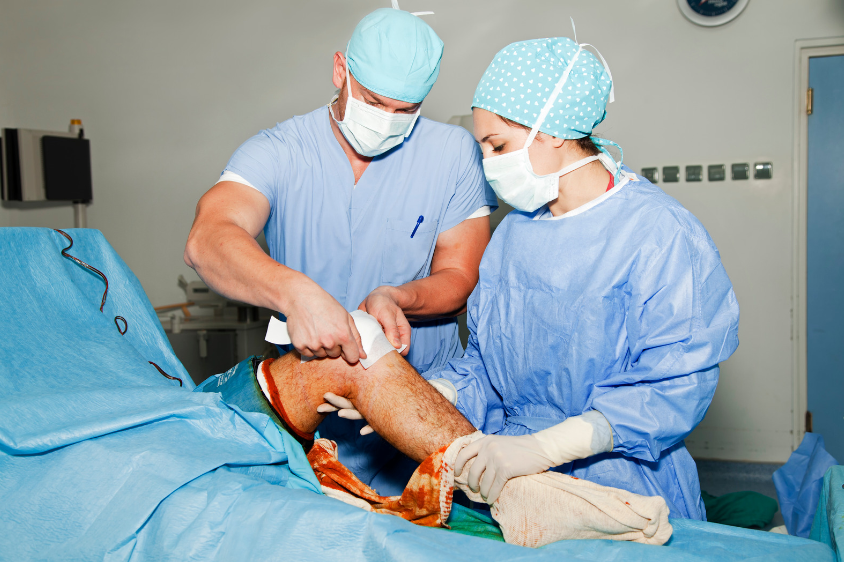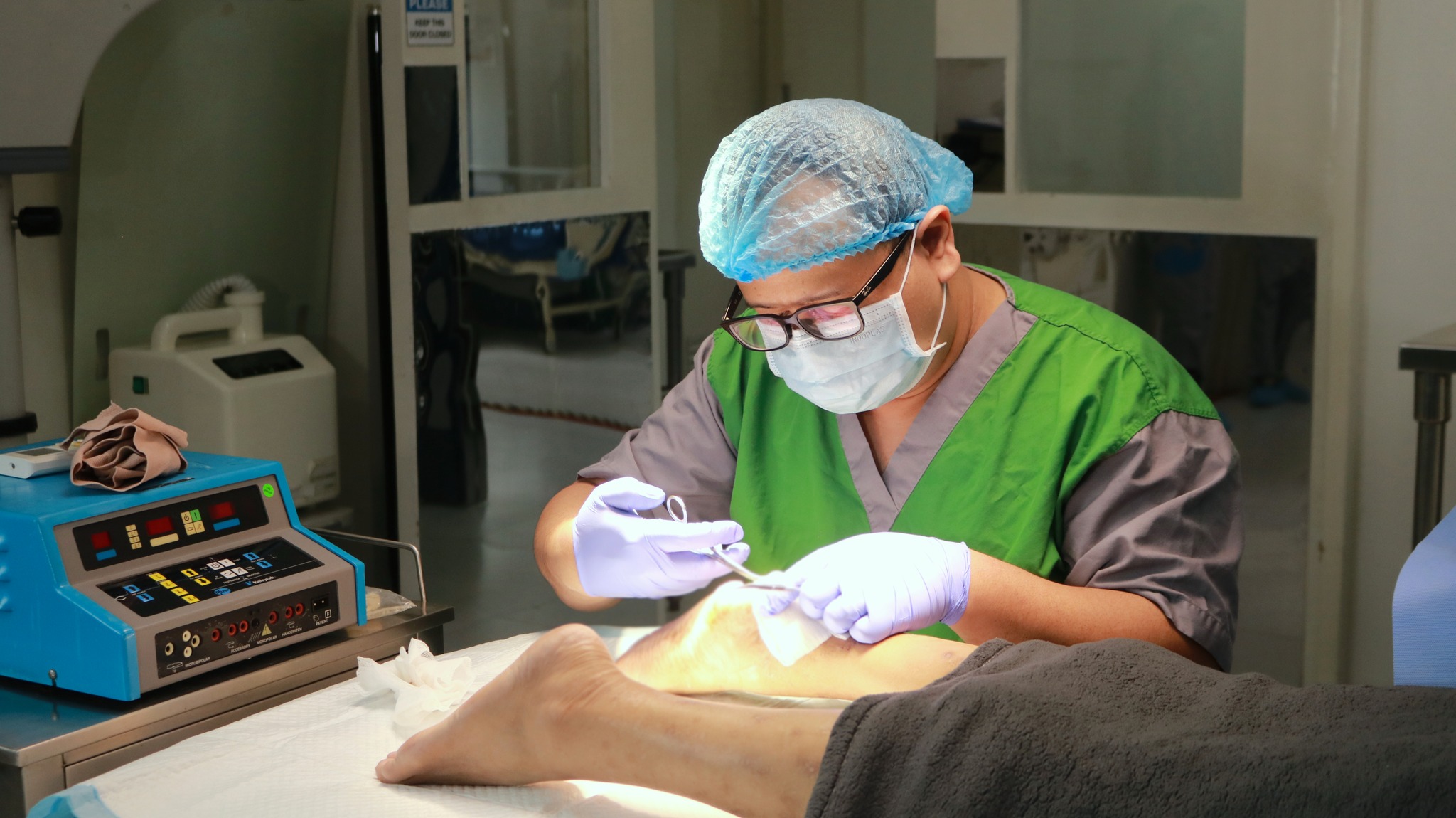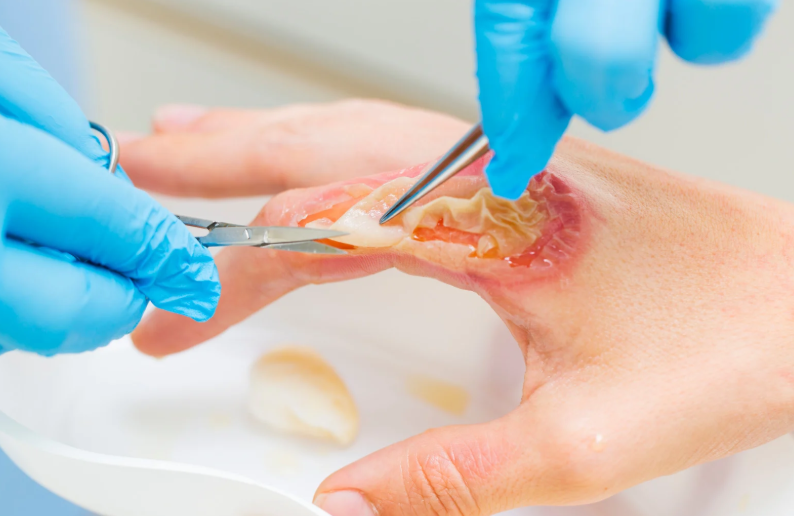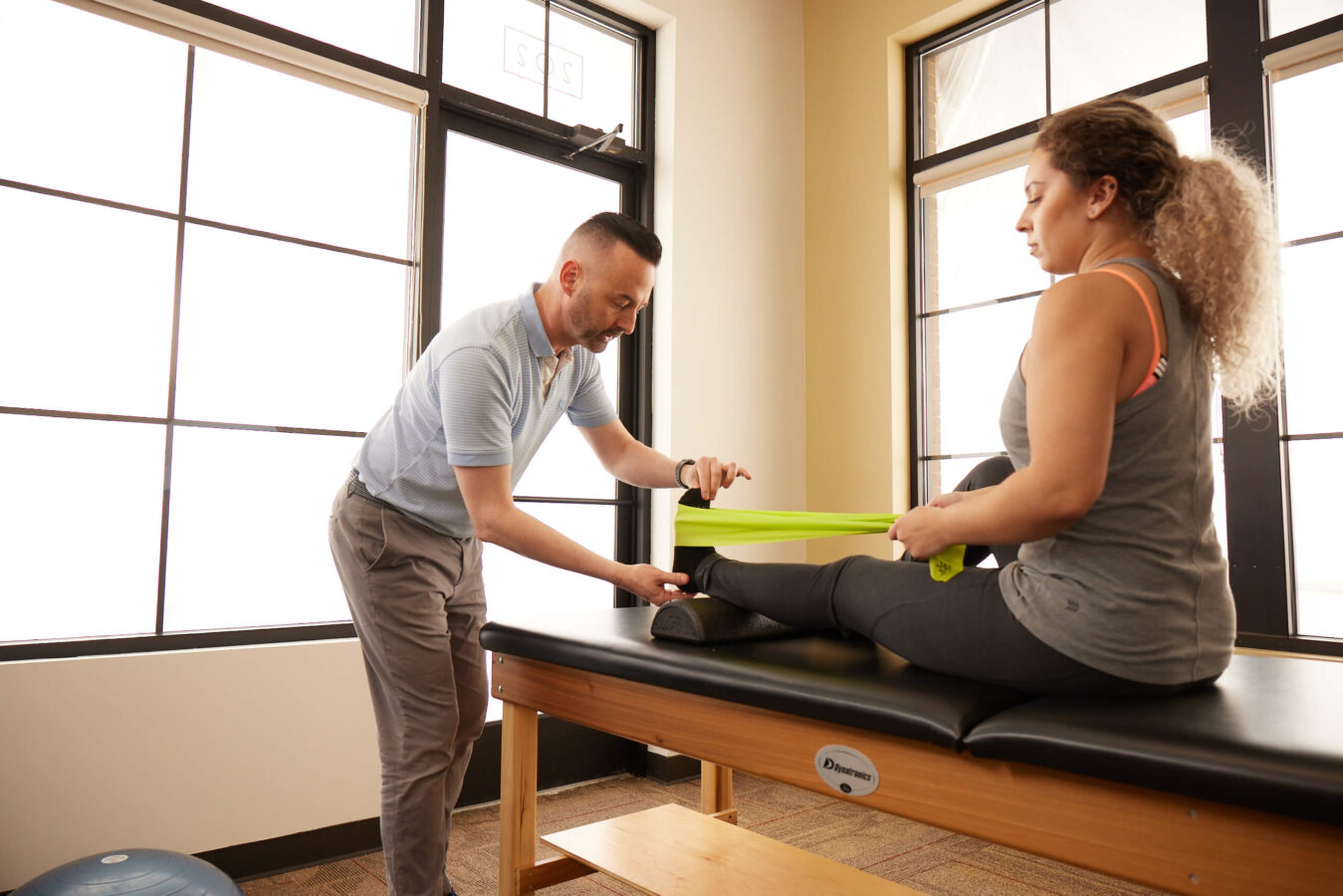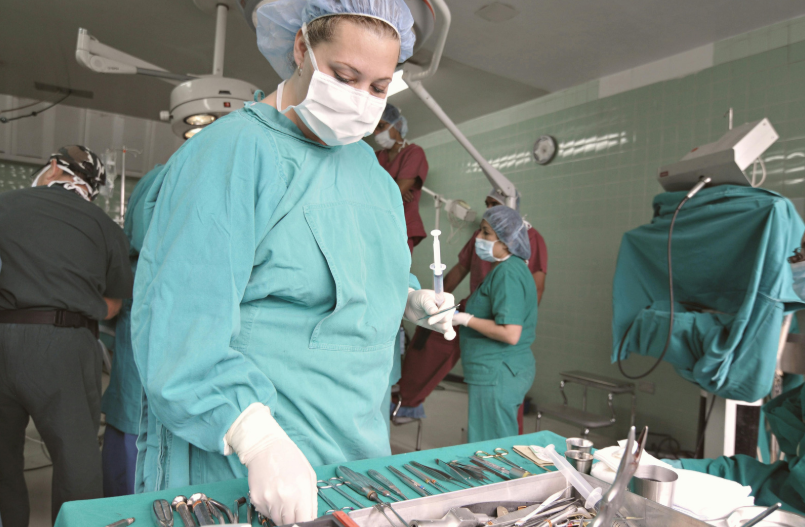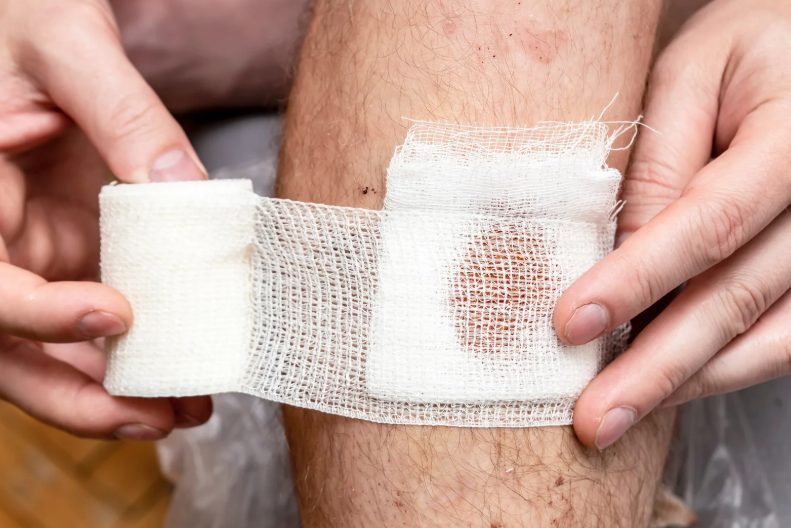The anterior cruciate ligament (ACL) is one of the most critical stabilizers in the knee, making it essential for maintaining balance and movement. ACL injuries are a common concern, especially among athletes or those leading active lifestyles, as these injuries can cause pain, swelling, and instability. For anyone dealing with an ACL rupture, consulting a doctor for knee surgery can be a crucial step toward recovery. This article explores how a knee surgery specialist can assist in treating ACL ruptures and offers insights into what patients need to know about the process.
What is an ACL Rupture? Symptoms and Causes
An ACL rupture occurs when this vital ligament is torn, either partially or completely, often leading to significant pain and knee instability. Symptoms of an ACL rupture can include swelling, loss of range of motion, and difficulty bearing weight on the knee. The most common causes of ACL injuries are sudden movements, such as abrupt stops, changes in direction, or traumatic impacts, making this a frequent injury among sports players. A doctor for knee surgery can assess the severity of the tear and recommend the best course of action, whether it’s surgery or a more conservative approach.
When Should You See a Doctor for an ACL Injury?
Knowing when to seek medical attention for an ACL injury is essential, as delaying treatment can worsen the condition. If you experience severe pain, persistent swelling, or an inability to put weight on your knee, it may be time to consult a doctor for knee surgery. Early diagnosis and treatment can prevent further knee damage, reduce recovery time, and improve long-term outcomes. A knee specialist will evaluate your symptoms and recommend a treatment plan to address your specific injury needs.
The Role of a Knee Surgery Specialist in Treating ACL Ruptures
A knee surgery specialist, often an orthopedic surgeon with expertise in sports medicine, plays a critical role in managing ACL injuries. A doctor for knee surgery will typically begin with a comprehensive assessment, using tools like physical exams, MRIs, and X-rays to diagnose the extent of the rupture. Depending on the tear’s severity, the specialist may suggest non-surgical treatments, such as physical therapy or bracing, to help stabilize the knee. In cases where surgery is the best option, the specialist will explain the procedure and expected recovery process to ensure you’re well-prepared for what’s ahead.
Surgical Options for ACL Ruptures: What to Expect
For many ACL ruptures, surgery is often the most effective way to restore full knee function. The most common surgical approach is ACL reconstruction, where the damaged ligament is replaced with a graft, typically using tissue from the patient’s hamstring or patellar tendon. A doctor for knee surgery can also offer minimally invasive arthroscopic techniques, which use small incisions to reduce recovery time and enhance surgical precision. During the procedure, the surgeon will carefully reconstruct the ligament to restore knee stability and function. Patients working with an experienced knee surgery doctor can expect comprehensive guidance throughout the process, from preparation to post-surgery recovery.
Recovery and Rehabilitation After ACL Surgery
Recovering from ACL surgery is a gradual process that requires a structured rehabilitation program. Physical therapy is essential, as it helps strengthen the muscles around the knee, improving stability and flexibility. A doctor for knee surgery will work with physical therapists to create a tailored rehabilitation plan that meets your needs, helping you regain strength and function. The typical recovery timeline includes several milestones, such as regaining the ability to walk, returning to low-impact activities, and eventually resuming sports or strenuous exercises. The doctor for knee surgery can also provide tips to reduce the risk of re-injury, ensuring a safe and successful return to physical activities.
How to Choose the Right Knee Surgeon for ACL Repair
Selecting the right surgeon is a significant part of a successful ACL recovery. When looking for a doctor for knee surgery, consider their credentials, certifications, and experience with ACL reconstructions. Look for a specialist who has a track record in sports injury repair and can provide personalized treatment plans based on your specific needs. Reading patient reviews and exploring success stories can also help you find a reputable doctor for knee surgery. When meeting with a potential surgeon, ask questions about their approach to ACL surgery, recovery expectations, and how they tailor the procedure to your individual case.
Consulting with a Doctor for Knee Surgery for ACL Ruptures
ACL injuries can significantly impact your daily life and physical activities. Consulting with a doctor for knee surgery can be instrumental in achieving a full recovery and regaining knee stability. Whether your injury requires surgery or conservative treatment, working with a skilled knee specialist ensures you receive the best guidance and care for your specific condition. Don’t delay seeking expert advice—early treatment can make all the difference in your ACL recovery.

